
Can DeFi Replace Banks?

Table Of Contents
The financial landscape is undergoing a seismic shift, with Decentralized Finance (DeFi) leading the charge. This revolutionary concept, powered by blockchain technology, is challenging the traditional banking system, prompting many to ask: Can DeFi replace banks?
In this post, we will delve into this question, drawing insights from four insightful YouTube videos on the subject and providing a comprehensive understanding of the potential of DeFi and the future of finance.
Unpacking DeFi: A New Frontier in Finance
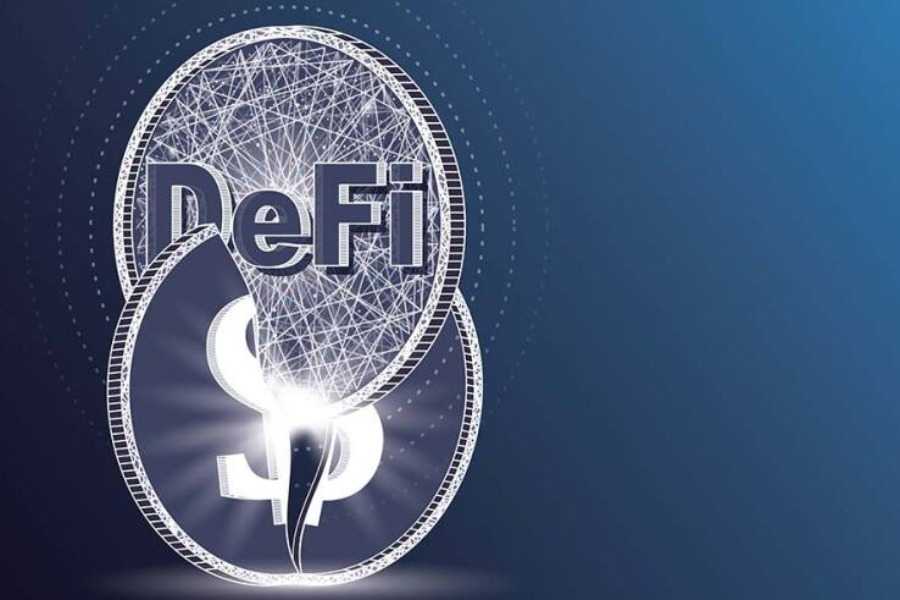
DeFi, short for Decentralized Finance, is a term that encompasses financial applications built on blockchain technologies, particularly Ethereum. It aims to recreate and improve upon the traditional financial system, but without intermediaries like banks or brokers.
DeFi applications use smart contracts, which are self-executing contracts with the terms of the agreement directly written into code.
DeFi offers several advantages over traditional finance. It’s open to anyone with an internet connection, it’s transparent, it operates 24/7, and it’s permissionless, meaning you don’t need to trust a central authority to use it.
Furthermore, DeFi offers innovative financial products and services such as yield farming, liquidity mining, and flash loans, which are reshaping the way we interact with money.
The Role of Banks Today: A Centralized Approach
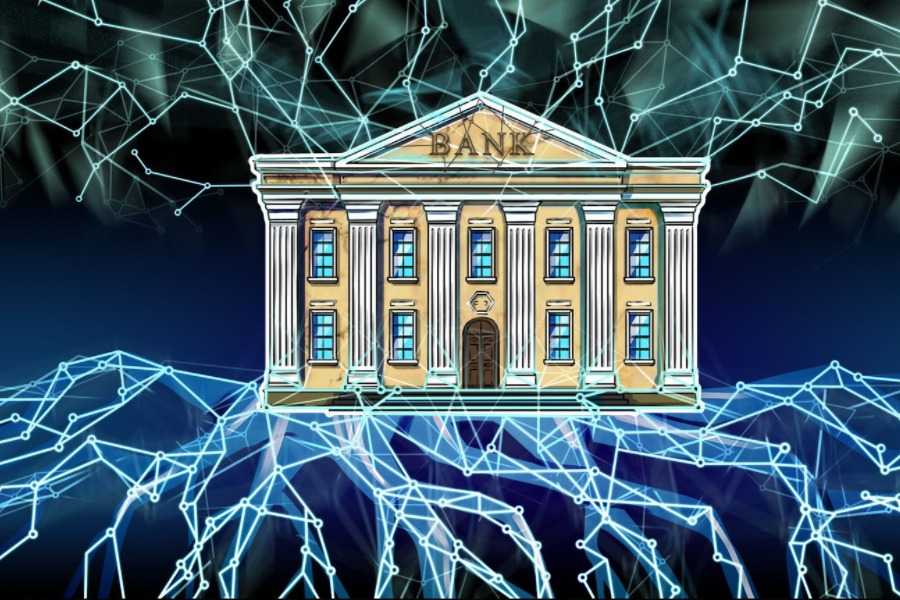
Banks play a crucial role in the current financial system. They store money, process transactions, provide loans, and offer a range of financial services.
Banks also create money through fractional reserve banking, where they lend out more money than they hold in deposits.
However, the traditional banking system has its drawbacks. It’s centralized, meaning a single authority has control. It’s also exclusive, leaving out a significant portion of the global population without access to basic financial services.
Furthermore, banks can be slow and expensive, particularly for cross-border transactions.
How DeFi Challenges Traditional Banking: A Decentralized Alternative
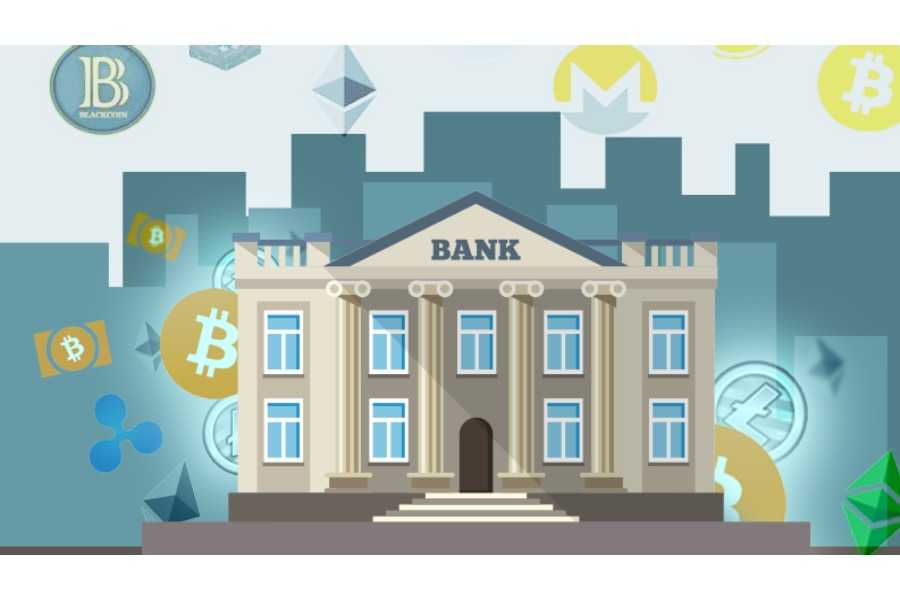
DeFi is poised to disrupt the banking industry by offering a decentralized alternative. Here’s how:
Accessibility: DeFi platforms are open to anyone with an internet connection, providing financial services to those who are unbanked or underbanked.
Transparency: All transactions on the blockchain are public, promoting transparency and trust.
Efficiency: DeFi platforms operate 24/7 and transactions can be processed much faster and cheaper than traditional banks.
Control and Ownership: Users have full control over their assets in DeFi, unlike traditional banking where the bank has custody of the user’s funds.
Innovation: DeFi is fostering innovation in the financial sector, with new products like flash loans and yield farming.
Can DeFi Replace Banks? A Look into the Future
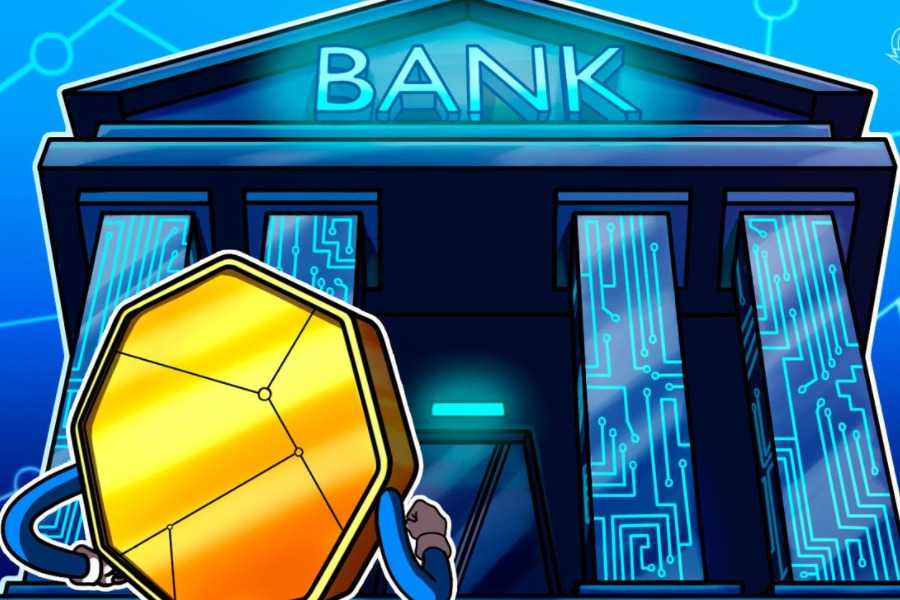
While DeFi holds immense potential, it’s not without its challenges. Issues like smart contract vulnerabilities, high gas fees, and the lack of regulation are significant hurdles that DeFi needs to overcome.
Moreover, banks have started to innovate and adapt to the changing landscape. They’re exploring blockchain technology, partnering with fintech companies, and even considering issuing their own digital currencies.
So, can DeFi replace banks? It’s too early to tell. However, what’s clear is that DeFi and blockchain technology are transforming the financial landscape. They’repushing traditional banks to evolve and adapt, leading us towards a more inclusive, efficient, and transparent financial system.
Whether DeFi will replace banks or coexist with them, the future of finance is undoubtedly going to be vastly different from what it is today. The integration of blockchain technology and the principles of decentralization are paving the way for a more democratized financial ecosystem.
The Future of Finance: A Blend of DeFi and Traditional Banking?
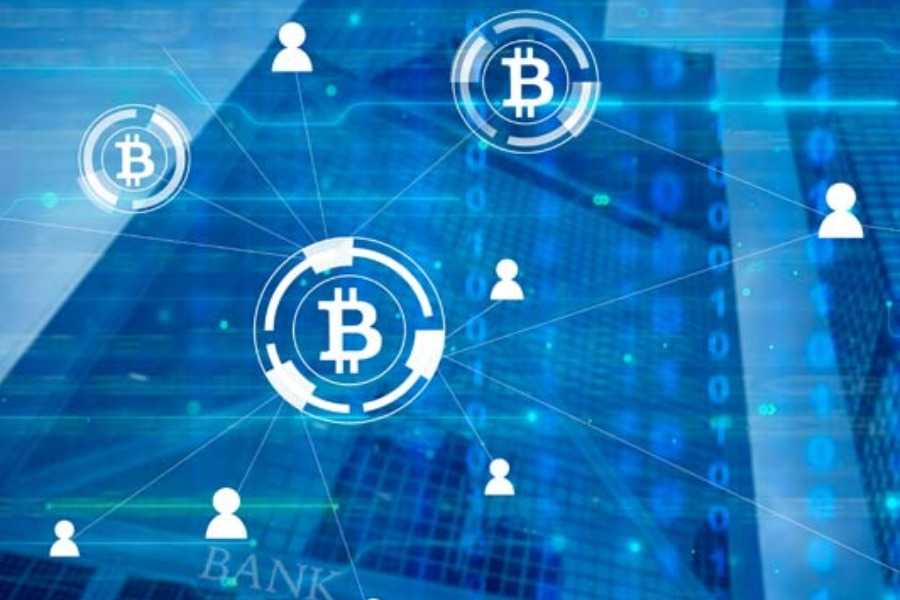
As we look towards the future, it’s possible that we might see a blend of DeFi and traditional banking. Banks could adopt blockchain technology to improve their services, while DeFi could incorporate elements of traditional finance to enhance its offerings.
This hybrid model could provide the best of both worlds, combining the accessibility, transparency, and efficiency of DeFi with the stability and regulatory compliance of traditional banking.
For instance, banks could use blockchain technology for faster and cheaper cross-border transactions. They could also tokenize assets, making it easier for people to invest in real estate or other high-value assets.
On the other hand, DeFi platforms could incorporate more traditional financial instruments, such as bonds or index funds, into their ecosystems.
DeFi’s Potential and Challenges: The Road Ahead

DeFi’s potential to democratize finance is immense. By removing intermediaries, DeFi could make financial services more accessible and affordable.
However, DeFi also faces significant challenges. The lack of regulation in the DeFi space can lead to high risk. Moreover, the technology behind DeFi is still relatively new and prone to bugs and exploits.
Furthermore, while DeFi’s permissionless and open nature is a significant advantage, it also opens the door to potential misuse. Without proper regulation and oversight, DeFi could be used for illicit activities, such as money laundering or financing terrorism.
Conclusion: Embracing the Future of Finance

The rise of DeFi signals a paradigm shift in the world of finance. While it’s still in its nascent stages, the potential it holds is immense. Whether or not it will replace traditional banks remains to be seen. However, one thing is certain: DeFi is here to stay, and it’s reshaping the financial landscape in ways we could only imagine a few years ago.
As we navigate this new era of finance, it’s crucial to stay informed and adapt to the changes. At explainblockchain, we’re committed to providing you with the latest insights and developments in the world of blockchain, crypto, DeFi, GameFi, NFT, and Web3. Stay tuned for more!
Tags
Share
Related Posts




Quick Links
Legal Stuff

